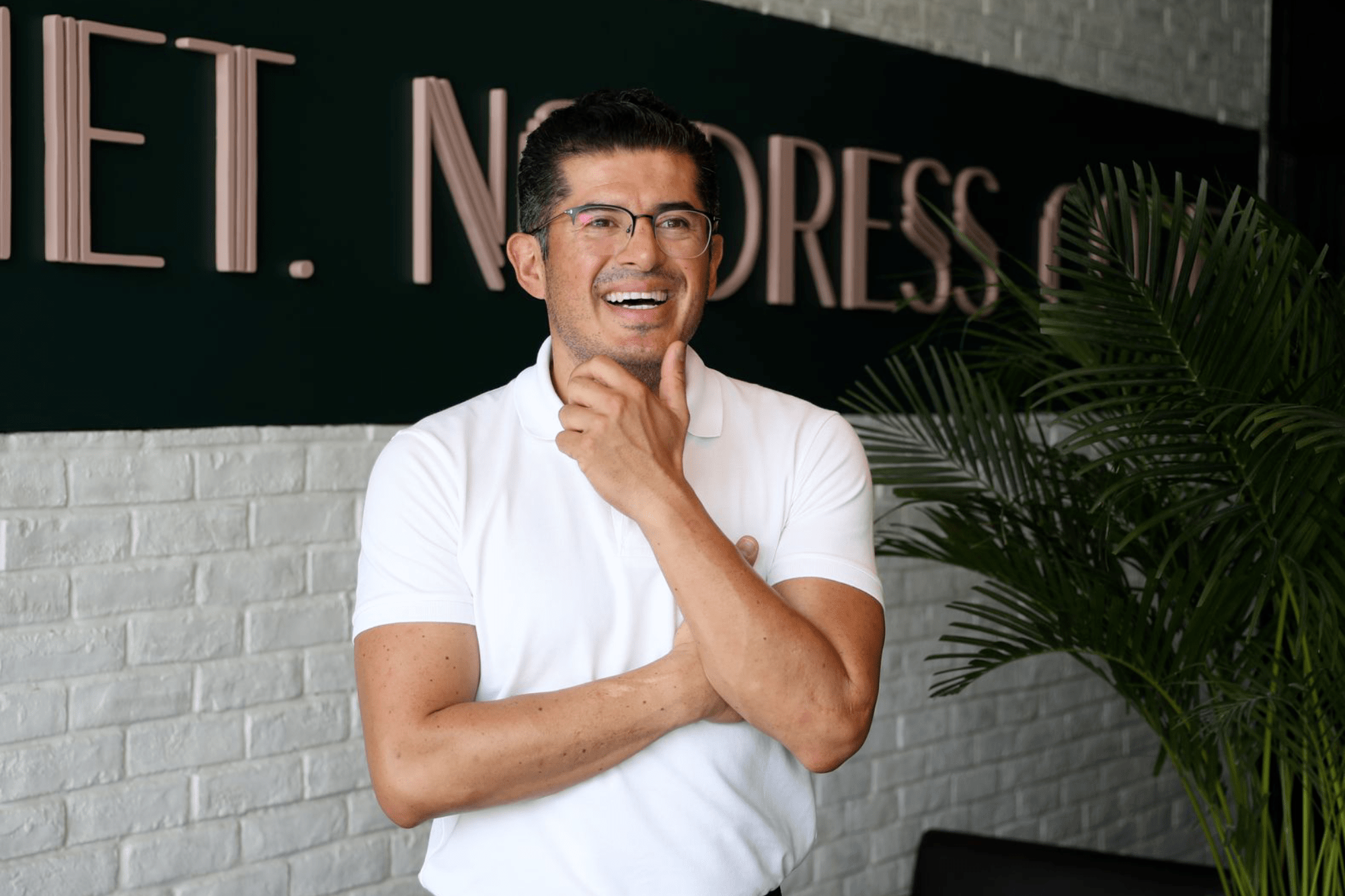Why Entrepreneurs Need To Prioritize Their Wellbeing As They Launch And Run Businesses While starting a business comes with many advantages, there is also a very important factor that not many people discuss in the entrepreneurial world, and that is the psychological price of entrepreneurship.
Opinions expressed by Entrepreneur contributors are their own.
You're reading Entrepreneur Middle East, an international franchise of Entrepreneur Media.

We have all witnessed a significant increase in entrepreneurship amongst young adults over the past years, and that number looks set to only grow further in the future. Indeed, as we look around ourselves today, it is becoming increasingly evident that entrepreneurs are mounting to be fearless leaders of change in our current economy. While the COVID-19 pandemic has presented us with both severe economic instabilities and disruptions of global economies, the period has also seen a surprising surge in the number of business owners, especially in locations that promote startups, such as the United Arab Emirates and other major markets around the world.
According to a report by data platform MAGNiTT, the total funding for MENA startups increased by 64% in the first half of 2021. This trend was mainly driven by employees losing their jobs and businesses shutting down globally, which created a surplus of talented individuals, as well as a market gap in emerging consumer demands. What this led to was a period of "creative destruction," where businesses and individuals were forced to adopt new business models and innovative solutions to replace old ways of working, and adapt to the current economic situation. Entrepreneurs saw an opportunity and took it, with the economic uncertainty and the forced downtime seemingly giving them the courage to take a leap of faith to take matters into their own hands.
However, while starting a business comes with many advantages, which includes economic independence, innovative solutions, and economic diversification, to name a few, there is also a very important factor that not many people discuss in the entrepreneurial world, and that is the psychological price of entrepreneurship. It is now important more than ever to openly discuss the issue of entrepreneurship and mental health, especially with the current situation of an ongoing global pandemic. After all, starting up a business is not easy, in many aspects, and it may not be for everyone. But those who have decided to take the leap forward need to understand the true side-effects of starting a business, so as to really be able to build and sustain a healthy business and a healthy inner self.
In a recent survey done by UC Berkeley, 72% of entrepreneurs involved in the study reported that they were dealing with mental health concerns. This shouldn't come as much of a surprise, because it's no secret that starting a business comes with a lot of mental strains. The problem is that while business owners are constantly working extra hard to make sure their business is a success, they often forget about the most important thing in running a business- their mental wellbeing. And this is something I learned the hard way, having started my entrepreneurial journey at a relatively young age, and at a time when entrepreneurship was not as "trendy" as it is now.
Related: Why Investors Should Care About The Mental Health Of Startup Founders
When I ventured into the startup realm, I was a very ambitious and driven 27-year-old woman, and I was ready to dive headfirst into the business world- but I wasn't aware of the importance of maintaining my mental wellbeing through it all. I was very excited about starting my own business, and I wanted to make it as successful as it could be- as such, I was always working extremely hard, sometimes up to 16 hours in a day. In fact, I used to put all my free time into building my business, with the aim to achieve the vision I had aimed for enterprise. But I became a mother to my first child in the second year of starting my business, and that made the journey even harder for me.
As the years passed by, I continued to concentrate all of my efforts into building a successful business, but once that became a reality, I was hit with another harsh reality, which was the fact that I had neglected my mental wellbeing throughout the entire process. I eventually reached a point of mental and emotional exhaustion, because I was preoccupied with my ambition of building a successful business, as well as being a good mother and wife– however, I somehow forgot about myself in the process, and it hit me hard. I found myself burnt out, and I was unable to perform any of the tasks I needed to sustain my business or my daily life- my brain's capabilities had seemingly come to a halt. I found myself unable to interact with my business partners and my employees, my creative process was stagnant, and I felt completely isolated and stuck. And that's when I realized that I needed to change both my lifestyle, and the way I run my business.
I thus learned the hard way that if you do not focus on your mental health from the start, you will be losing a lot more than just yourself. However, after that shocking realization, I started seeking help from a life coach, and I decided to turn my lifestyle around. That's when I decided to prioritize my mental wellbeing, because I figured that a healthy mind leads to a healthy life. That was a very important wake-up call for me at the time, because it completely changed my traditional views on mental health, as well as how I ran my business from there on– mental wellbeing has now become my number one priority. Furthermore, we started prioritizing the mental, physical, and emotional wellbeing for all our team members, and that has reflected positively in their overall work attitude and output, as well as in how they tackle and overcome any external strains.
To conclude, the key takeaway I would like other entrepreneurs to acknowledge from my story is to always prioritize your mental, physical, and emotional wellbeing from the very start of your journey. Do not let your hunger for success blind you from taking care of yourself with every step of the way- you do not want to reach a breaking point and have it ruin everything you've worked so hard for. And lastly, make sure you have a strong support system around you, and make it a point to seek help from outside whenever you feel like you need additional support. Finally, for my fellow women running businesses of their own, my advice to them would be to always trust and channel your intuition throughout your entrepreneurial journey- as that is where our true power as female entrepreneurs lies.
Related: Warning Signs: How To Tell If Your Staff Is On The Verge Of A Burnout (And What To Do About It)













